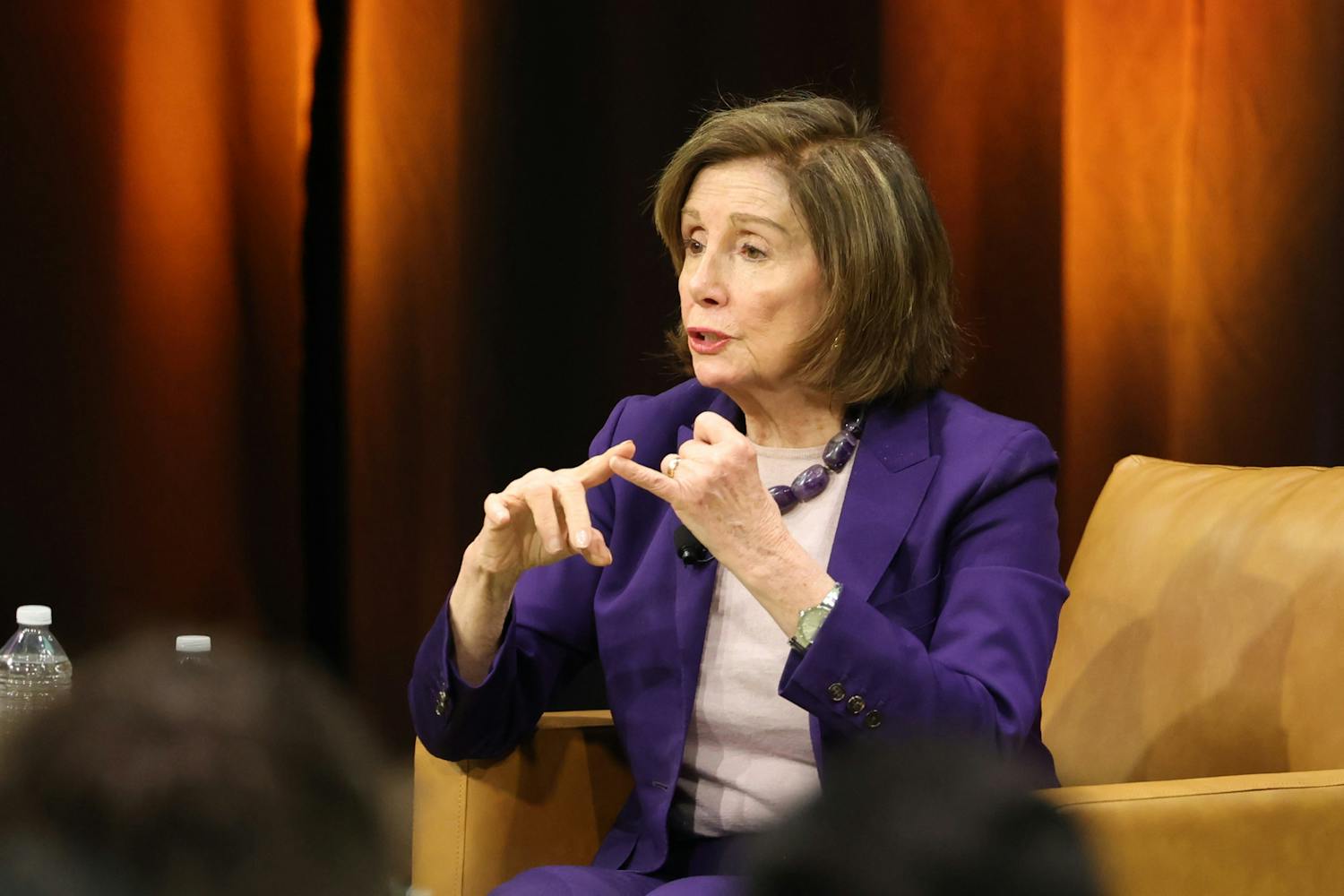“When a program or an organization wears out, the generation which carried it on its shoulders wears out with it. The movement is revitalized by the youth who are free of responsibility for the past. The Fourth International pays particular attention to the young generation of the proletariat. All of its policies strive to inspire the youth with belief in its own strength and in the future.” Leon Trotsky, the famous Russian revolutionary, wrote these words in the 1930s in advancement of his Transitional Program, a leftist political platform in the Soviet Union. He was one of the first to fully understand the influence of a politically active university student body, and used this knowledge to great effect in gaining political power by encouraging socialist organizations among college youth.
Over the past couple of weeks, the news reminded us of just how influential college students can be in politics.
In response to the unpopular governance of Venezuelan President Nicolas Maduro, Venezuelans have taken to the streets of Caracas to protest his sovereignty. According to Euronews, “The demonstrators, mainly students, blame the government for violent crime, high inflation, product shortages and alleged repression of opponents.” Students have also been integral in organizing protests in the capital city, which have numbered around 10,000.
Ukraine is engulfed in its own political strife, and the nation’s college youth have made significant contributions towards peacefully expressing their anger with Ukrainian President Viktor Yanukovych’s decision to strengthen ties with Russia rather than integrate with the EU. A brutal police attack on a group of mostly university student protestors has given the protests a new sense of vigor.
The passion these foreign students display for their countries should remind us that our role in political discourse is not marginal, but in fact quite powerful.
We should also be reminded of the importance of capitalizing on this valuable, fleeting time to be politically engaged in our community. At this stage in our lives, we are vibrant and excited and unbound by the trappings of adulthood. There is no place for political discussion in the workplace. Your kids and spouse probably won’t want to hear you drone on about the follies of the Federal Reserve or the front page of the New York Times. After a long day at work, you may not want hear yourself talk about it either.
No other phase in life will afford us an opportunity to be around such a wide range of political philosophies, and to intellectually engage in them with our equally enthusiastic peers. We are young; so many of our views are rife with inexperience and naïvety, but discussing and debating them is precisely what will improve them.
Even if one feels uncomfortable diving into the nuances of global politics or economic theory, there are always controversies to be examined. A sizable majority of students are deeply upset by the passage of an Arizona bill that would allow businesses to discriminate against customers on a religious basis. The demonstration outside of Hayden Library in protest was meant for anyone and everyone.
There’s never a shortage of issues to discuss, and I hope the students of ASU realize that heated argument over controversial issues is a good thing, as long as they are held in a respectful way.
If they students realized they matter, they might be more inclined to do so.
Reach the columnist at bjmurph2@asu.edu or follow him on Twitter @MurphJamin



